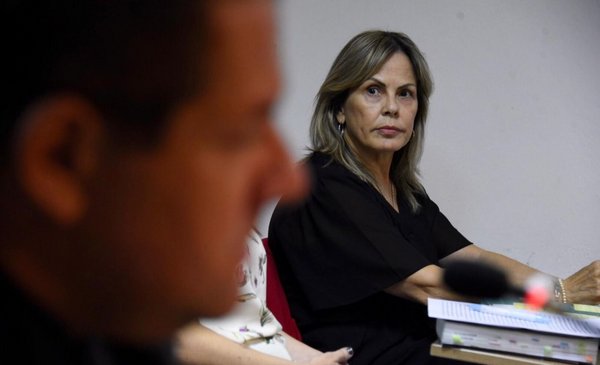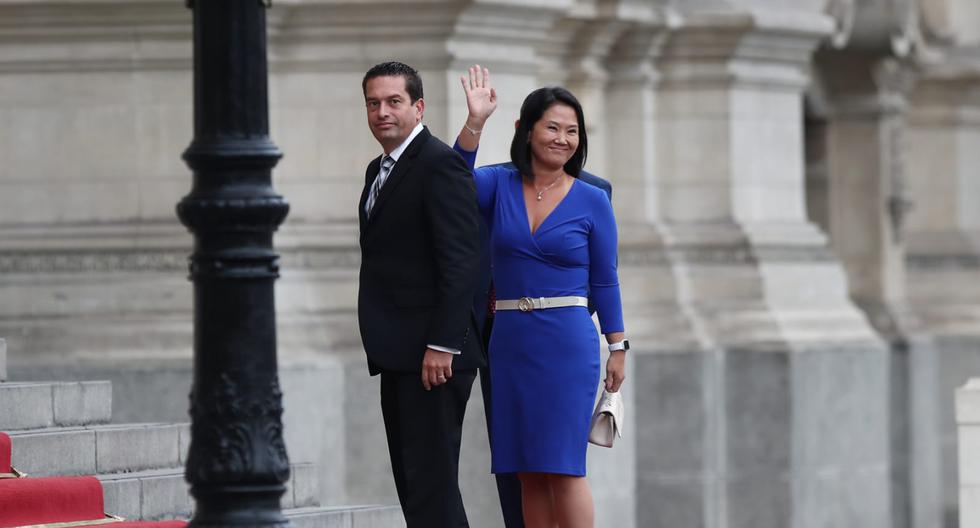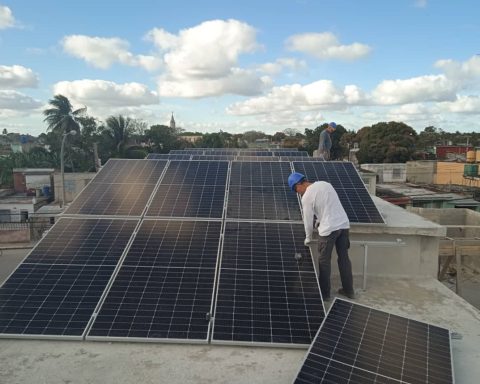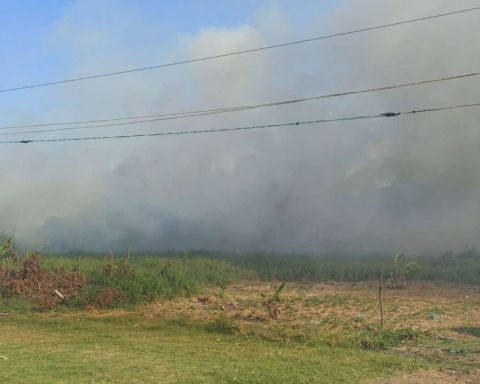Various sectors of Dominican society have openly expressed their complaints regarding the judicial system of the Dominican Republic. Business associations, NGOs, communicators, lawyers, and political leaders have expressed great concern about the population’s mistrust in the administration of justice in the country and some have even used harsh terms to refer to judges and prosecutors.
And while some of these statements have foundations, it is paradoxical that many of those who today want to question the system were conspicuous by their absence at a time when such essential issues as the possibility of a general attorney who was not appointed by the Power were being debated. Executive or, as was debated between 2010 and 2011, modifying the composition of the National Council of the Magistracy (CNM), on which the potential for independence and impartiality of those elected depends almost entirely. In fact, a few of those who complain today were accomplices in the way in which they decided, based on political interests and favors, who would make up the high courts of a nation whose system is completely vertical and whose heads still respond today in greatly to the past Presidents of the country.
Since the fever is not on the sheet, little is resolved today by questioning something that was born damaged and whose recovery depends solely on its removal. If the root problem is not corrected by changing the way in which the today eminently political body that chooses the judges is made up, even though eventually the party in control may change depending on the correlation of forces at a given moment, the problem of this chameleon The head of the Judiciary will remain the same, regardless of the government in power. For these reasons, if it is not just a media strategy to make noise on the part of those who today complain about the actors, if there is a real intention to improve the Dominican judicial system, the most down-to-earth and pragmatic thing that groups can do interested in this is to demand a constitutional reform leading not only to formalize the independence of the Attorney General of the Republic, but also to vary the composition of the CNM to broaden its radius of action, remove it a bit from the parties and with this try to achieve a justice less dependent and less politicized. The rest is discourse, reasonable and well structured, but a bit populist because it doesn’t really lead to tangible results.

















